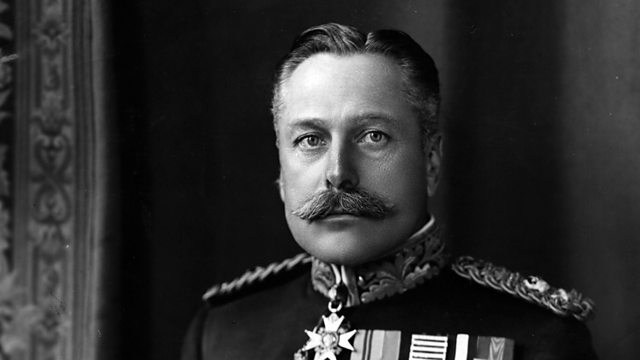Bemersyde House, Scotland: The fluctuating reputation of Douglas Haig
TD6 9DP - The story of Douglas Haig, both the soldier and the way in which Haigβs reputation has fluctuated in the century since the war.
TD6 9DP
Douglas Haig was born in Edinburgh in 1861. He studied at Oxford and later at the Royal Military College at Sandhurst.
He had a successful career during the Boer War βand in 1906, Haig went to the War Office as director of military training. His responsibilities included the organisation of a British Expeditionary Force (BEF) for deployment in the event of war with Germany. On the outbreak of war in 1914, Haig was commanding the BEF's 1st Army Corps, whose overall commander was Sir John French. By the end of 1915, it was clear that French was ill-suited to the role, and in December Haig was appointed commander in chief in his place.
βHaig has a steely resolve,β says Professor of War History at Oxford University Sir Hew Strachan. βHe is one of those people who, inspired by their own faith, thinks that he is being tested by the war, which of course he is. The harder the test the more he feels he has to respond to that by persevering. So there is a fixity of purpose there, which is almost certainly essential in the conditions in which he finds himself.β
βItβs interesting that despite all that has been written about him, Haig remains so elusive,β say Sir Hew. βThat suggests someone whoβs introverted and inward looking. He was close to his wife but in terms of wider relationships itβs hard to think of any really close military friendships or friendships outside of the army. So quite a distant figure I think.β
Haig is often accused of lacking feeling or concern for his men, but as Sir Hew Strachan points out, after the war, Haig was instrumental in setting up the British Legion, the principal charity to support members of the armed services:
βThat is his personal achievement. Some have said he did it because he was fearful of ex-soliders becoming radicalised but I think thatβs too cynical. I think that was in his mind, but I think he does care for the men and their welfare.β
In 1921, Bemersyde House in the Scottish Borders was presented to Douglas Haig by a grateful British Government. Haig died in 1928 and is buried in nearby Dryburgh Abbey.
Image Copyright: Getty - Hulton Archive/ Stringer
Duration:
This clip is from
Featured in...
![]()
Latest stories from across the UK—World War One At ΒιΆΉΤΌΕΔ
A selection of stories from At ΒιΆΉΤΌΕΔ's November release.
![]()
ΒιΆΉΤΌΕΔ Radio Scotland—World War One At ΒιΆΉΤΌΕΔ
Places in Scotland that tell a story of World War One
![]()
War at ΒιΆΉΤΌΕΔ
Refugees, internment, training and protest.
More clips from World War One At ΒιΆΉΤΌΕΔ
-
![]()
The loss of HMY Iolaire
Duration: 18:52
-
![]()
Scotland, Slamannan and the Argylls
Duration: 07:55
-
![]()
Scotland Museum of Edinburgh mourning dress
Duration: 06:17
-
![]()
Scotland Montrose 'GI Brides'
Duration: 06:41








